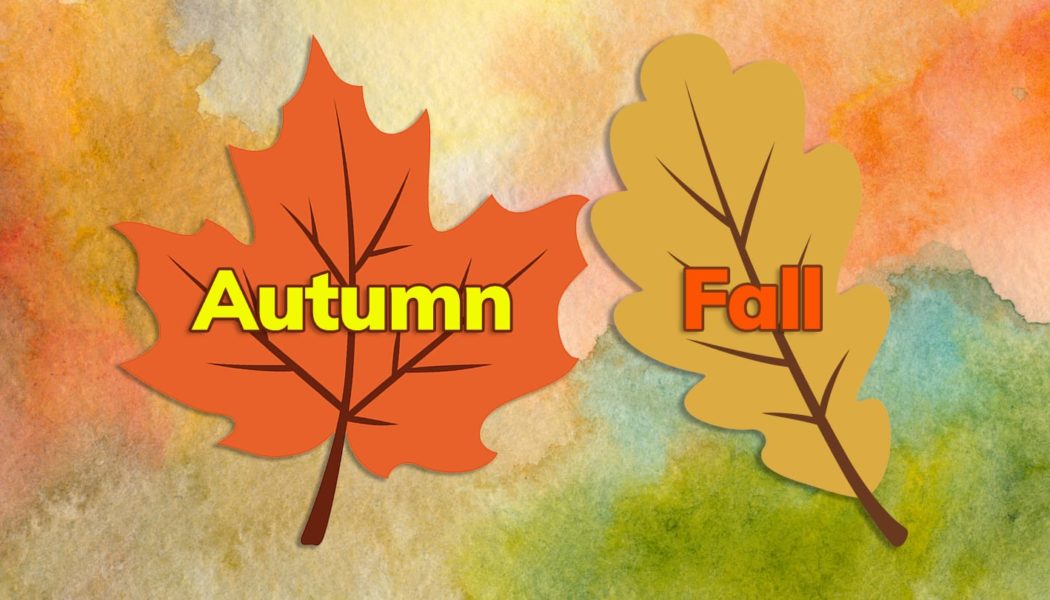
Saturday, September 23, 2023, marks the start of a new season—but what exactly you should call that season depends on where in the world you are and whom you ask. In Great Britain, the third season of the year usually has only one name: autumn. But if you hop across the Atlantic, you’ll find that people use both fall and autumn interchangeably when referring to this time of year, making it the only season in the English language with two widely accepted names. So what is it about the season of Halloween pop-up stores, denim jackets, and pumpkin spice lattes that makes it so special?
According to Dictionary.com, fall isn’t a modern nickname that followed the more traditional autumn. The two terms are actually first recorded within a few hundred years of each other.
Before either word emerged in the lexicon, the season between summer and winter was known as harvest, or hærfest in Old English. The word is of Germanic stock and meant “picking,” “plucking,” or “reaping,” a nod to the act of gathering and preserving crops before winter.
In the 1500s, English speakers began calling the seasons separating the cold and warm months “fall of the leaf” or “spring of the leaf,” or “fall” and “spring” for short. Both terms were simple and evocative, but for some reason, only spring had staying power in Britain. By the end of the 1600s, autumn, from the French word autompne and the Latin autumnus, had overtaken fall as the standard British term for the third season.
Around the same time England adopted autumn, the first-ever British American colonists were voyaging to North America. With them they brought the words fall and autumn, and while the former fell out of fashion overseas, it solidified itself in the local vernacular by the time America won its independence. Today, using both words to describe the season before winter is still a uniquely American behavior.
Fall and autumn have the most complicated etymology, but there’s a story behind all the words we use describe the four seasons. Here’s how each season got its name.
This story originally ran in 2019; it has been updated for 2023.








